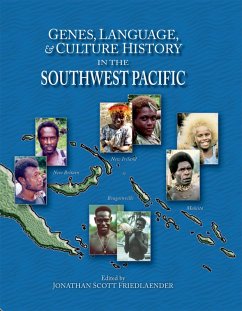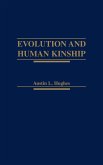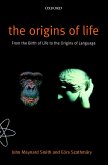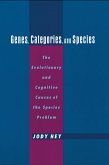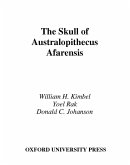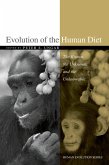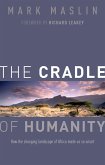The broad arc of islands north of Australia that extends from Indonesia east towards the central Pacific is home to a set of human populations whose concentration of diversity is unequaled elsewhere. Approximately 20% of the worlds languages are spoken here, and the biological and genetic heterogeneity among the groups is extraordinary. Anthropologist W.W. Howells once declared diversity in the region so Protean as to defy analysis. However, this book can now claim considerable success in describing and understanding the origins of the genetic and linguistic variation there. In order to cut through this biological knot, the authors have applied a comprehensive battery of genetic analyses to an intensively sampled set of populations, and have subjected these and complementary linguistic data to a variety of phylogenetic analyses. This has revealed a number of heretofore unknown ancient Pleistocene genetic variants that are only found in these island populations, and has also identified the genetic footprints of more recent migrants from Southeast Asia who were the ancestors of the Polynesians. The book lays out the very complex structure of the variation within and among the islands in this relatively small region, and a number of explanatory models are tested to see which best account for the observed pattern of genetic variation here. The results suggest that a number of commonly used models of evolutionary divergence are overly simple in their assumptions, and that often human diversity has accumulated in very complex ways.
Dieser Download kann aus rechtlichen Gründen nur mit Rechnungsadresse in A, B, BG, CY, CZ, D, DK, EW, E, FIN, F, GR, HR, H, IRL, I, LT, L, LR, M, NL, PL, P, R, S, SLO, SK ausgeliefert werden.

